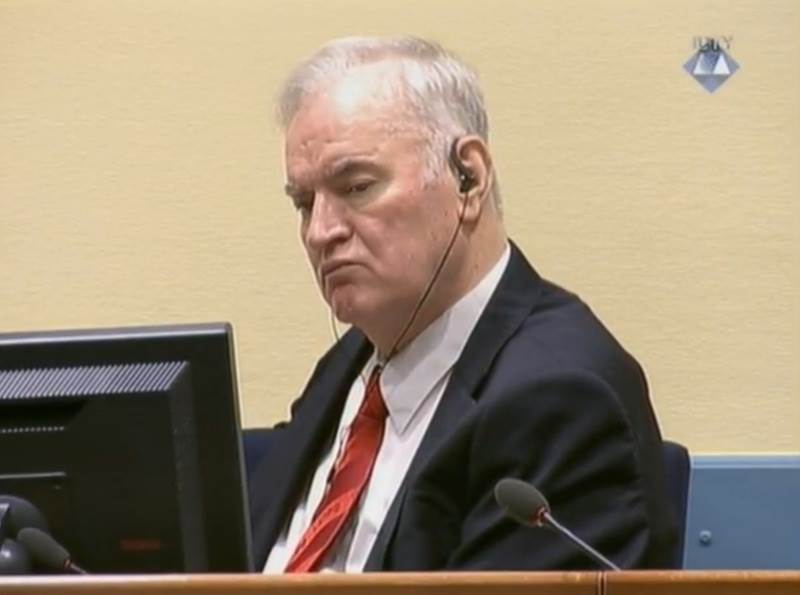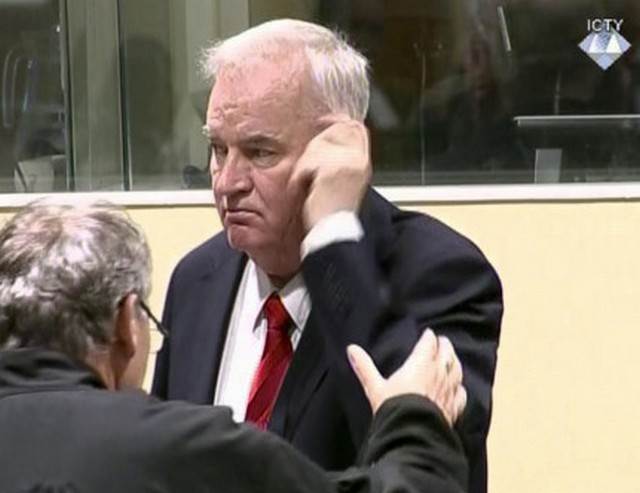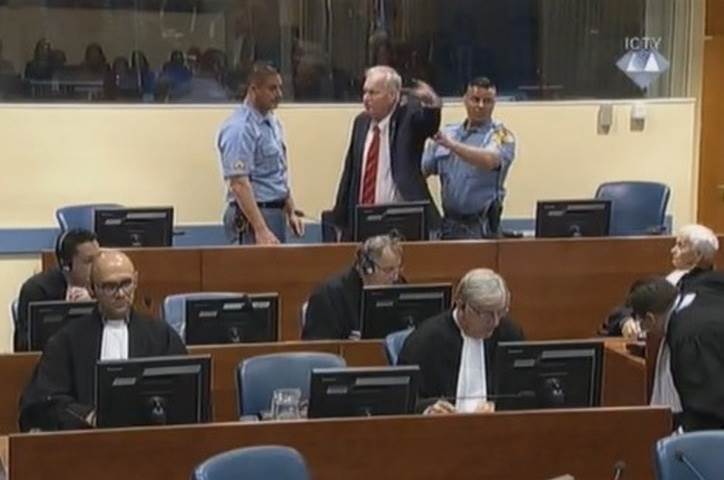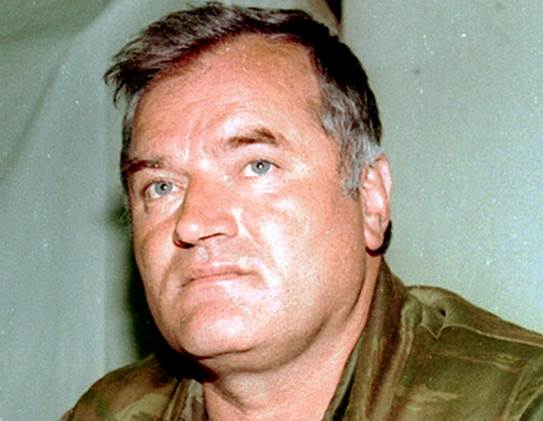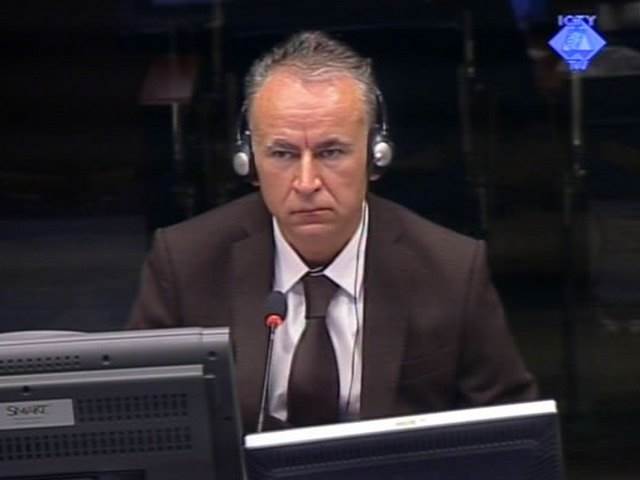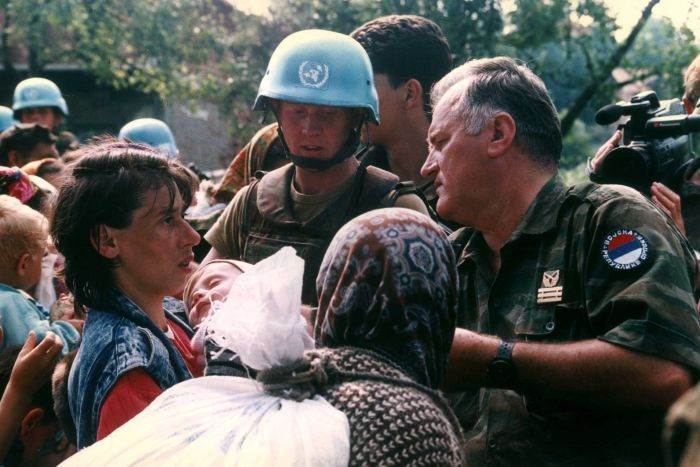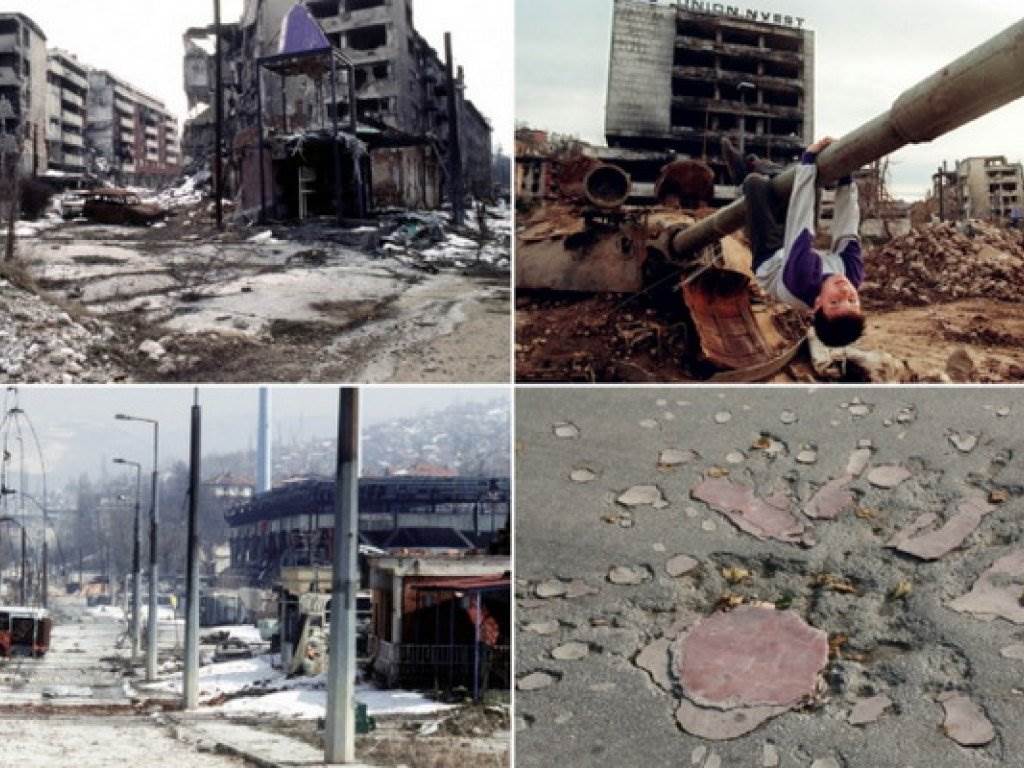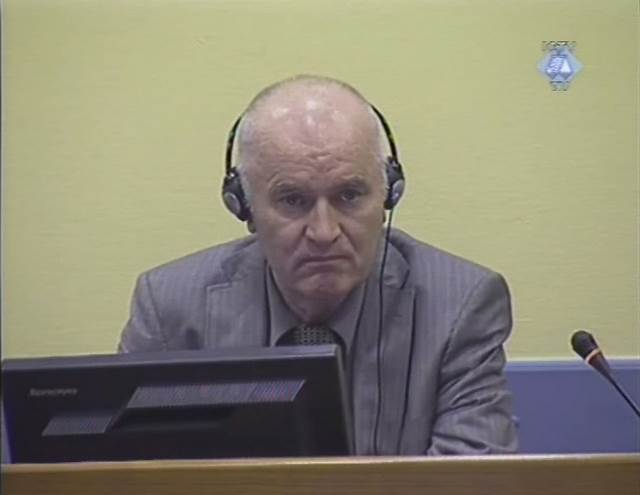The Hague Tribunal prosecution urged the UN court to reject Bosnian Serb military chief Ratko Mladic’s request to be released to Serbia to undergo medical treatment while his appeal against...
Former Bosnian Serb Army chief Ratko Mladic’s defence asked the UN court to annul the verdict sentencing him to life imprisonment for genocide and other crimes because his mental faculties...
The indictment of Ratko Mladic’s aides, which the Serbian prosecution has released to BIRN after initially declaring it a state secret, says the Bosnian Serb military chief had Yugoslav Army...
In a sign of continuing post-war divisions, Bosniak survivors of the conflict welcomed Ratko Mladic’s life sentence for genocide and crimes against humanity, but Bosnian Serbs accused the Hague Tribunal...
The UN court in The Hague convicted former Bosnian Serb military chief Ratko Mladic of the genocide of Bosniaks from Srebrenica, war crimes and crimes against humanity, and sentenced him...
During a four-year trial, the Hague Tribunal has heard powerful and strongly-contested arguments about whether Ratko Mladic is guilty of genocide and crimes against humanity or whether he simply defended...
Grgo Stojic is the only victim of a wartime massacre in the Bosnian village of Skrljevita who survived to testify against former Bosnian Serb Army commander Ratko Mladic in the...
When Bosnian Serb military chief Ratko Mladic, who faces judgment this week, met frightened Bosniaks after his forces took Srebrenica in 1995, he told them they wouldn’t be harmed -...
“Don’t let them sleep at all.
Former Bosnian Serb military chief Ratko Mladic’s defence team, plus his relatives’ visits to the detention unit and financial aid to him personally, have cost the Hague Tribunal, the Bosnian...

